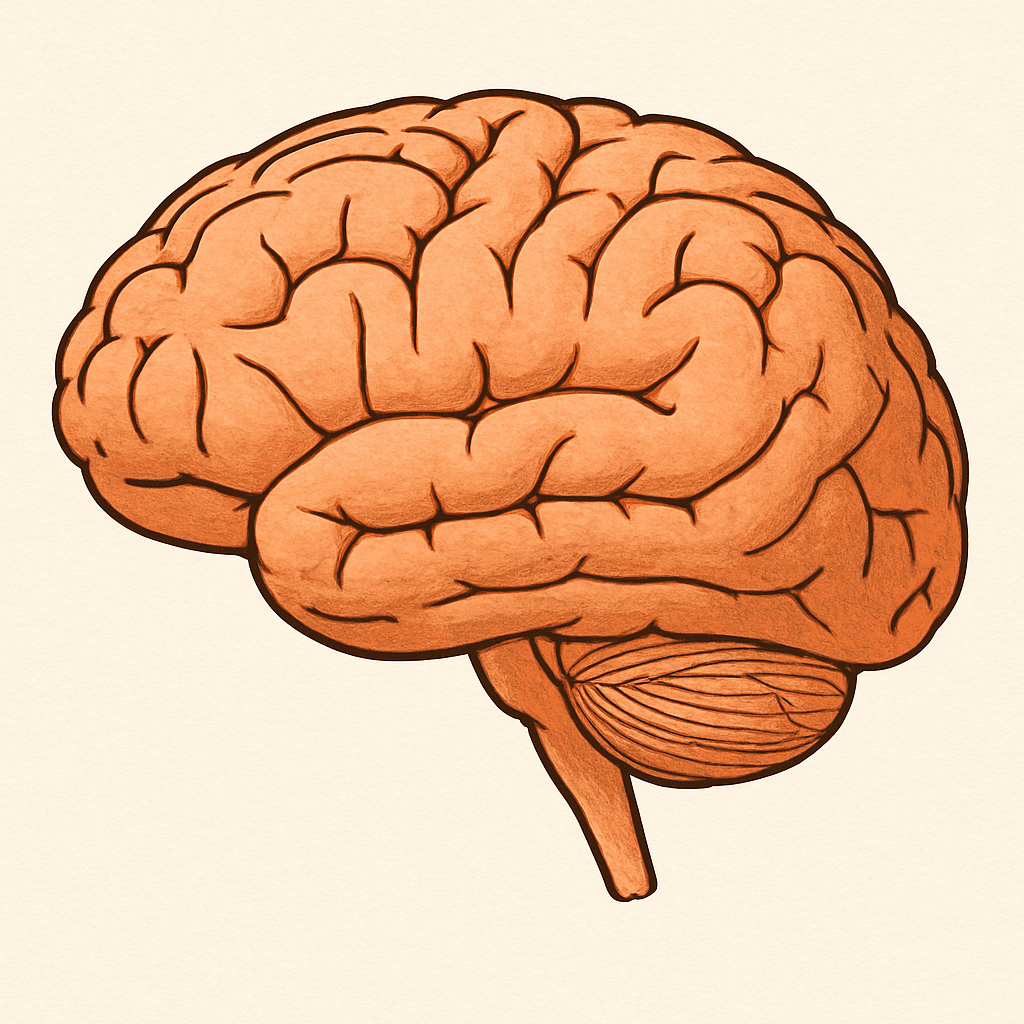
written by Kyuin Kim (DAA Grade 10)
translated by Yeonju Woo (DC Year 11)
Living in the 21st century, physical appearance has become a qualification and people spend a lot of time and money to improve and refine their external appearances. In the 19th century, manners and etiquette were important, whereas now it is an era where beauty and outward appearances hold a lot of power in society. In order to be more attractive, people take photos with filters that alter their face and transform with makeup and plastic surgery. Looking more attractive as a whole has become increasingly important for gaining popularity on social media such as Instagram and Facebook. Also, the increasing number of ‘blind’ interviews emphasise that many people evaluate others by looking at our faces – highlighting how much significance people place on human appearance.
Pleasure is the momentary feeling of happiness and satisfaction. In medieval Europe, enjoying such pleasure was considered a sin. Because ethics and morality were considered to be more necessary, pleasure was often put to the side, and the movement ‘L’art pour l’art’ (a literal translation being ‘Art for art’s sake’) and aestheticism emerged in this repression of pleasure. Oscar Wilde’s “The picture of Dorian Gray” was a highly popular and controversial work of its time. Basil Hallward, an artist, paints a portrait of Dorian Gray, the protagonist, fascinated by the pure inner and outer beauty of Gray. Nonetheless, Dorian is a beautiful young man both internally and externally, but as he gets closer to Lord Henry, he faces eventual downfall. Lord Henry makes the pure and innocent Dorian aware of his own beauty and Gray becomes enthralled with Lord Henry’s idea of a new hedonism. After this moment, Gray becomes obsessive with his outward appearance, believing that if he could maintain his current appearance for the rest of his life, he could even sell his own soul. He becomes severely narcissistic, engrossed with only the beauty of physical appearance and indulges in every kind of pleasure, moral and immoral, which eventually leads to his own societal demise. His portrait, the starting point of this superficial obsession, is eaten away by his sins and it disfigures his appearance on his canvas and he takes a knife and stabs the loathsome picture, leading to his death.
In The Picture of Dorian Gray, Basil and Lord Henry have very different relationships with Dorian because they are contrasting characters. Basil believes that Gray’s beauty has a practical importance because it enables Basil to develop a new and improved style of art, but does not consider this to be more important than inner beauty and morality. In contrast, Lord Henry’s chief concern in life is the pursuit of pleasure and takes any path, even a path of demise, to gain pleasure. Henry, who is fascinated by Dorian Gray, manipulates him to enjoy a life of sole pleasure. When Dorian’s fiancee, Sybil Bain, committs suicide because of Dorian, Henry was next to him and he convinces Gray that he was not responsible for this, causing Dorian to throw away his last conscience. Upon hearing the news, Basil went to give his final advice so that Dorian could return to his past self, who was unblemished and had aclear soul. But his portrait is already destroyed, and soon Dorian kills Basil out of hatred. Then Dorian, as expected, follows Henry’s advice to hide Basil’s death. Eventually, in order to hide his evil deeds, he stabs the portrait, the beginning, but instead the portrait is transformed into a young and beautiful Dorian, and Dorian becomes old, ugly and faces his own death.
Portraits, mirrors and the screen are extremely symbolic in the novel. First, the portrait symbolizes Dorian’s soul and conscience.The portrait, the main symbol of the novel, carries all the marks of Gray ‘s degeneration, who is exploring all possible vices and desires, without noticing his moral decay. However, a mirror has a different meaning in the novel. Unlike his portrait, a mirror can only reflect his exterior appearance, and not his inner soul. Dorian often checks the mirror that reflects his appearance, which demonstrates how sensitive Dorian is to how others perceive him. He gives more attention to the mirror because he could not see his conscience in the mirror, unlike his portrait. Finally, the screen is Dorian Gray’s persona. A persona is defined to be ‘a mask’ or ‘a masked personality’. Although he has an attractive face, he has to hide his evil and tainted soul through his mask, just as the screen covers his portrait, which is his soul. Dorian pursues pleasure, but by covering his portrait, this suggests that he was ashamed of his immorality and misdeeds. He also locks the door to look at the portrait which is an indication that he is ashamed of the depravity of his soul. However covering the portrait with a screen did not change anything.
True beauty holds different meanings for different people. For example, artists, singers, and actors tend to focus on external beauty – although they are painters like Basil, who seek inner beauty as well. But I feel that inner beauty is more important than its external counterpart. Human greed is endless, so even if you are deemed beautiful to others, you will not be happy if you are not satisfied with your appearance. To further this point, in an experiment conducted by University of Monmouth on 78 people, no matter how attractive a person was, if they found that the person had personality traits they disliked, the attractiveness decreased by 10%. However if they found someone unattractive, but had favourable personality traits, his or her attractiveness increased by 7%. True beauty goes much deeper than skin. Physical characteristics are one of the many attractive traits of people but I think true beauty comes from inner beauty such as humour, good morals and a good heart.
written by Kyuin Kim (DAA Grade 10)
외모가 스펙이 되어버린 21세기에 살고 있는 우리는 외모를 가꾸기 위해 많은 시간과 비용을 들인다. 19세기에는 예의와 예절을 중시한 시대였다면, 현재는 외모를 중시하는 외모지상주의 시대이다. 자신의 겉모습이 더 예뻐지기 위해 카메라 필터로 사진을 찍고, 메이크업과 성형수술로 화려한 변신을 하는데, 이런 겉모습은 인스타그램과 페이스북 같은 SNS에서 인기를 얻는데 중요하다. 또한, 얼굴을 보지 않고 평가하는 ‘블라인드 채용’이 점점 늘고 있다는 것은 우리가 사람의 외모에 얼마나 많은 비중을 두는지 알 수 있다.
쾌락이란 우리가 느끼는 유쾌하고 즐거운 감정이다. 하지만 중세 유럽에서는 쾌락을 누리는 것을 죄라고 여겼다. 윤리와 도덕을 더 중요시했기 때문에 쾌락을 터부시했고, 그 반발로 예술지상주의와 심미주의가 등장했다. 오스카 와일드의 ‘도리언 그레이의 초상’은 당시 사람들에게 큰 인기와 논란을 몰고 왔던 작품이다. 어느 날 화가 바질 홀워드는 이 소설의 주인공, 도리언 그레이의 순수한 내면과 외적인 아름다움에 매료되어 초상화를 그렸다. 도리언은 내적으로도 외적으로도 아름다운 청년이었지만, 그만 헨리 경과 가까워지면서 타락의 길을 걷게 된다. 헨리 경은 외모의 ‘외’자도 모르는 순수한 도리언에게 그가 얼마나 아름다운 얼굴을 가졌는지, 또 그 외모를 낭비하는 것이 얼마나 슬픈 일인지 알려줬다. 그때부터 도리언 그레이는 유미주의에 눈을 떴고, 자신이 평생 이 외모를 간직할 수 있다면 자신을 영혼까지 팔 수 있다고 생각했다. 그는 나르시시즘에 빠져고, 오직 외견의 아름다움에만 집착하며 쾌락을 가장 중요시했다. 타락하면 할수록 초상화의 모습은 혐오스럽게 변했고, 배신과 살인까지 저지른 도리언은 결국 파멸하게 된다.
바질과 헨리는 이 소설에서 가장 반대되는 가치관을 갖고 있다. 헨리는 타락의 길을 걸어가도 쾌락을 얻을 수 있다면 그만이라고 생각했고, 반대로 바질은 겉모습도 중요하지만, 내면의 선함과 도덕성을 더욱 중요시했다. 도리언 그레이에게 묘한 매력을 느낀 헨리는 삶을 가장 아름다울 때, 쾌락의 삶을 마음껏 즐기라며 세뇌시켰다. 도리언의 약혼녀 시빌 베인이 도리언 때문에 자살했을 때도 헨리는 옆에서 그의 책임이 아니며, 모든 원인은 시빌 베인에게 있다고 현혹했다. 도리언의 마지막 양심을 내다 버리게 한 것이다. 이 소식을 들은 바질은 도리언이 순수하고 맑은 영혼을 갖고 있던 예전의 도리언으로 돌아올 수 있게 마지막 충고를 하러 갔다. 하지만 그의 초상화는 이미 망가질 때까지 망가져 있었고, 곧 도리언은 그 초상화를 그린 바질을 증오심에 죽여버렸다. 그 후, 도리언은 늘 그랬듯이 헨리의 이상적인 삶을 따라 바질의 죽음을 소름 끼칠 만큼 완벽하게 숨겼다. 자신의 악행을 숨기기 위해 이 모든 일의 시작점인 초상화를 칼로 찌르지만, 초상화는 젊고 아름다운 도리언의 모습으로 변해있었고, 도리언은 늙고 추악한 모습으로 변해 죽음을 맞았다.
소설에 등장하는 초상화, 거울, 그리고 차단막은 특별한 의미가 있다. 먼저 초상화는 도리언의 영혼과 양심을 뜻한다. 그는 초상화에게 자신의 영혼을 팔아버렸기 때문에 악한 일을 저지를 때마다 초상화의 모습이 혐오스러워지는 것을 볼 수 있다. 즉, 자신의 영혼과 양심이 더 악랄하게 변해간다는 것이다. 거울이란, 타인이 나를 보는 시선이다. 거울은 초상화와 반대되는 의미를 갖고 있다: 거울 속에서는 외면밖에 보이지 않지만, 초상화는 내면만 보이기 때문이다. 소설 속에서 도리언은 자신의 모습을 비추는 거울을 자주 확인하는데, 그것은 도리언이 얼마나 타인의 시선에 민감했는지 알 수 있다. 거울에서는 초상화와 달리 자신의 양심을 볼 수 없기 때문에 거울에 더 많이 신경을 쓴 게 아닌가 싶다. 또한, 거울은 깨지면 그 생명이 끝나므로, 찰나와 같은 청춘과 아름다움을 상징한다. 마지막으로 차단막은 도리언 그레이의 페르소나이다. 페르소나란 ‘가면’ 또는 ‘가면을 쓴 인격’을 뜻한다. 그는 착한 얼굴을 갖고 있었지만 가면을 통해 자신의 악랄한 모습과 더럽혀진 영혼을 감추었다. 도리언이 쾌락을 추구하긴 했지만, 부도덕이나 악행에 대해 수치심을 갖고 있다는 것을 나타낸다. 그리고 초상화를 감상할 때 꼭 방문을 걸어 잠그는 것 또한 영혼의 타락에 대해 수치심을 갖고 있음을 나타낸다. 초상화, 즉 자신의 양심을 가린다고 해서 바뀌는 건 없었다. 그 또한 그 사실을 알고 있었다. 하지만 차단막은 언젠가 누군가에 의해 벗겨진다는 것은 모르고 있었던 것 같다.
진정한 아름다움이 무엇인지는 사람마다 다른 가치관으로 다르게 판단할 수 있다. 예를 들어 화가, 가수, 배우와 같은 예술을 하는 사람들은 외적인 아름다움에 더 신경 쓰고, 바질처럼 화가지만 내적인 아름다움을 더 추구할 수도 있다. 하지만 나는 외적인 면보다 내적인 아름다움이 더 중요하다고 생각한다. 인간의 욕심은 끝이 없기 때문에 남들의 눈에는 충분히 이쁘거나 잘생겨 보여도 자신이 얼굴에 만족하지 못하면 행복하지 못할 것이다. 또한 우리는 연애를 할 때에 외적인 요소가 가장 중요하다고 생각한다. 하지만 몬머스 대학의 교수가 78명을 대상으로 한 실험 결과에서는 아무리 외모가 취향 저격이어도 그 사람이 싫어하는 성격을 갖고 있으면 매력도는 10%나 감소했고, 아무리 못생겨도 그 사람이 좋아하는 성격을 갖고 있으면 매력도가 7% 증가했다. 따라서 외모는 사람의 수많은 매력 중 하나지만, 유머감각, 취향, 올바른 가치관, 착한 마음씨와 같은 내적인 아름다움이 차지하는 비율이 더 높기 때문에 나는 진정한 아름다움은 내적인 면에서 나온다고 생각한다.





